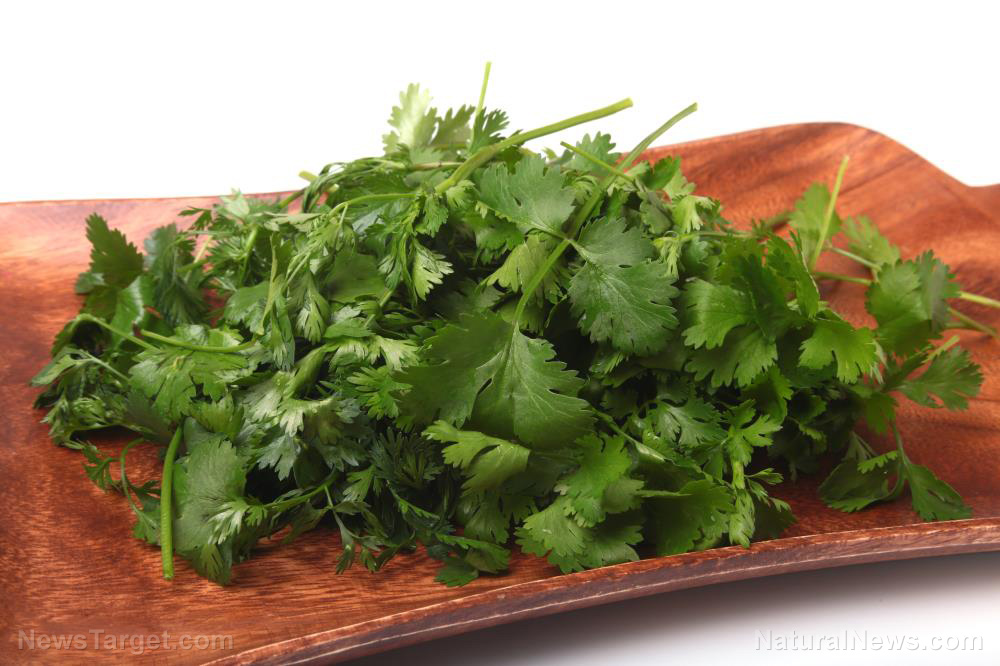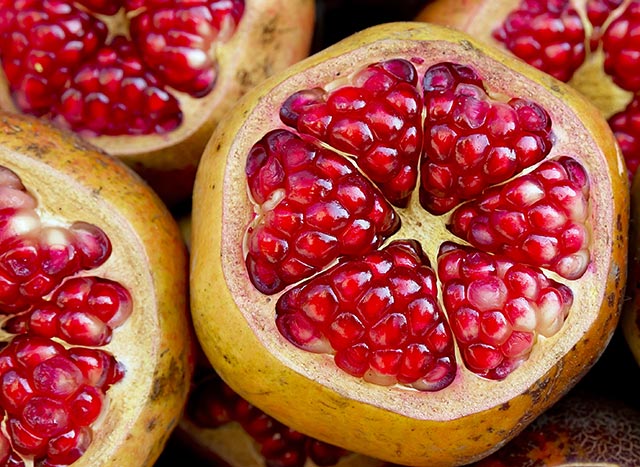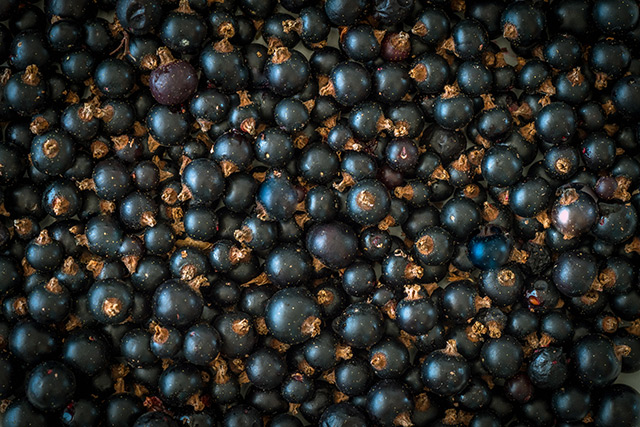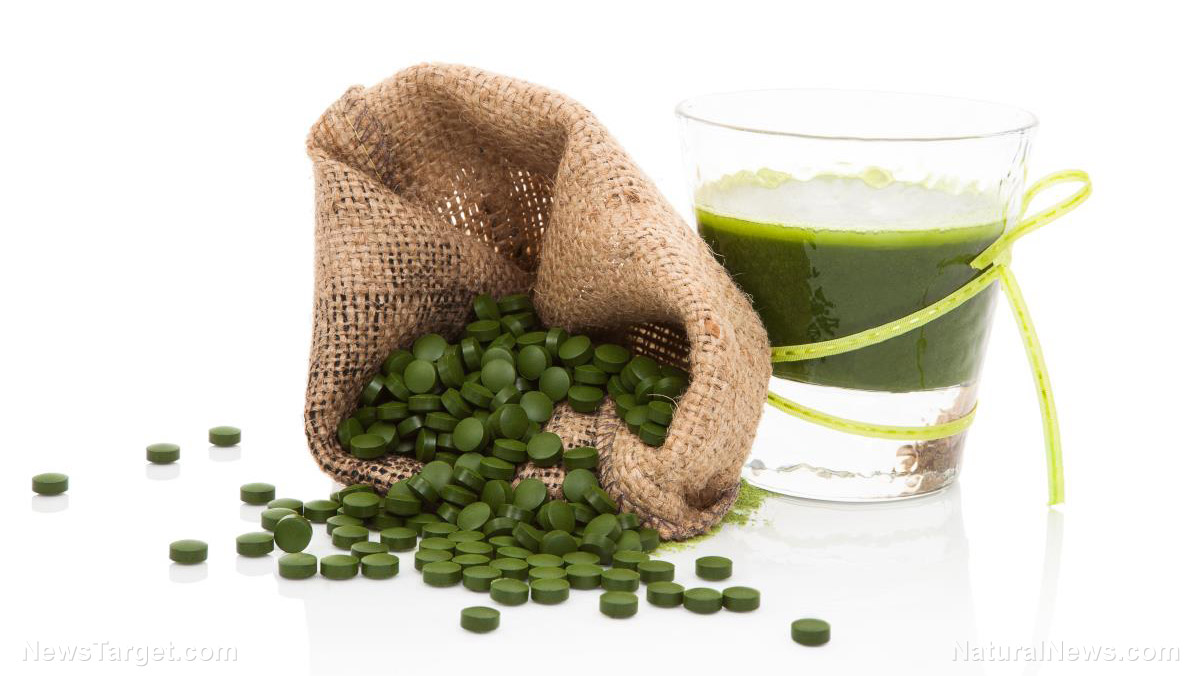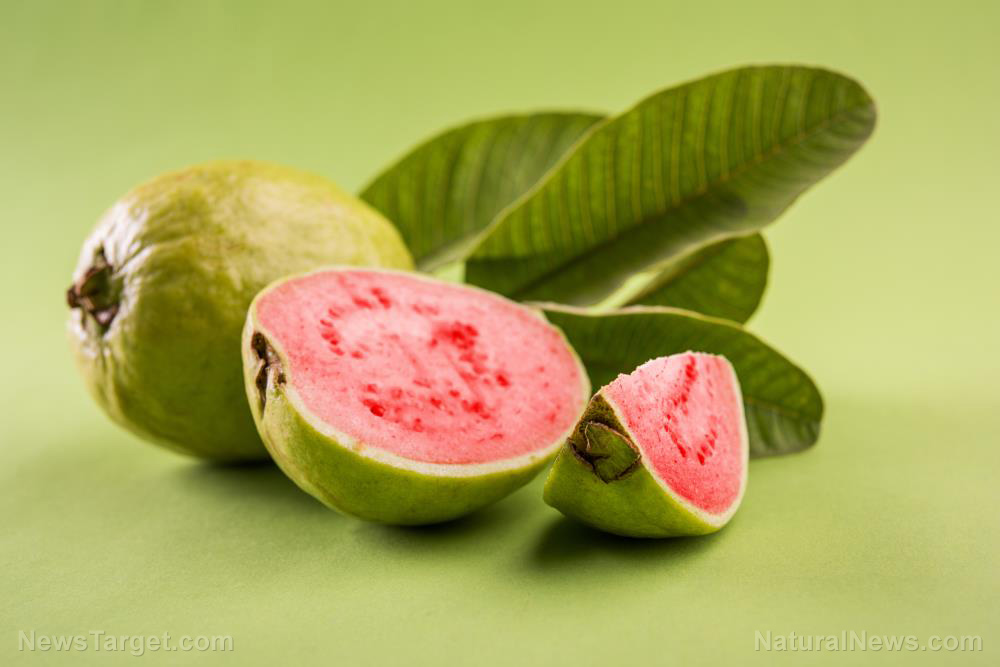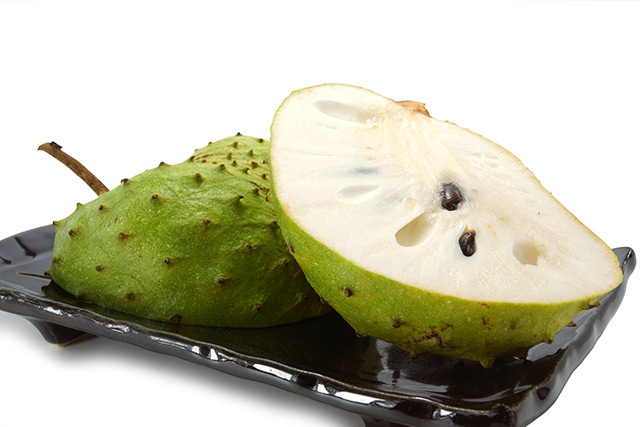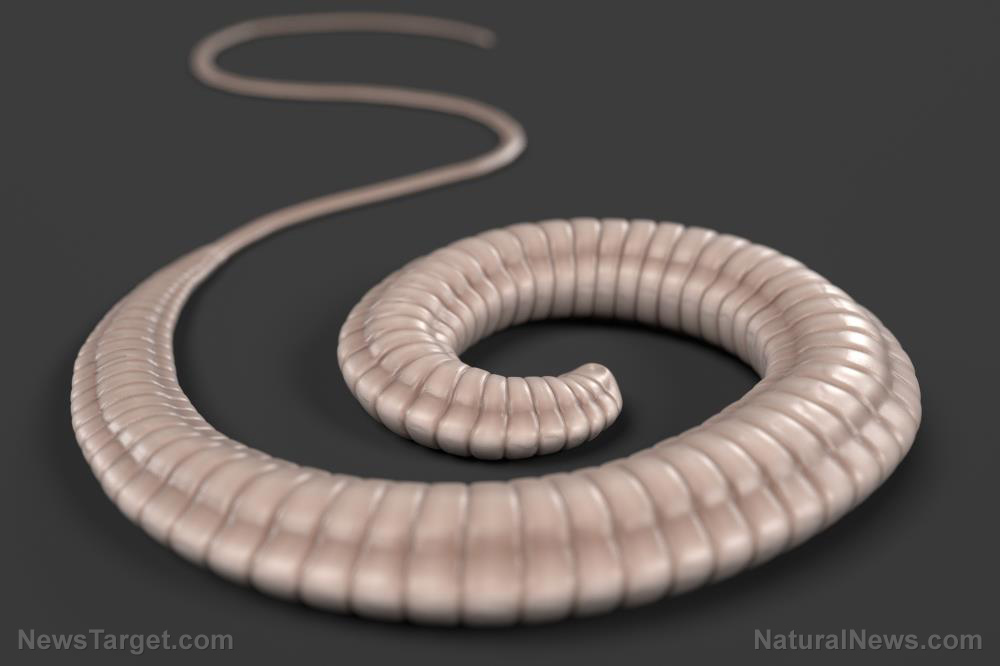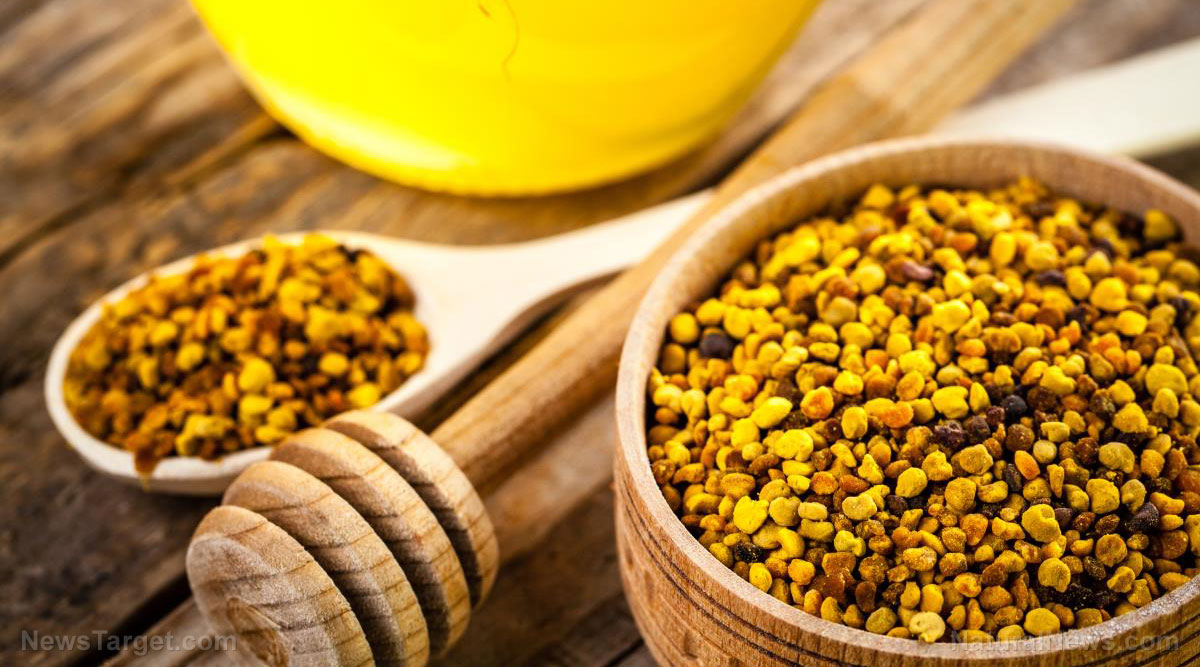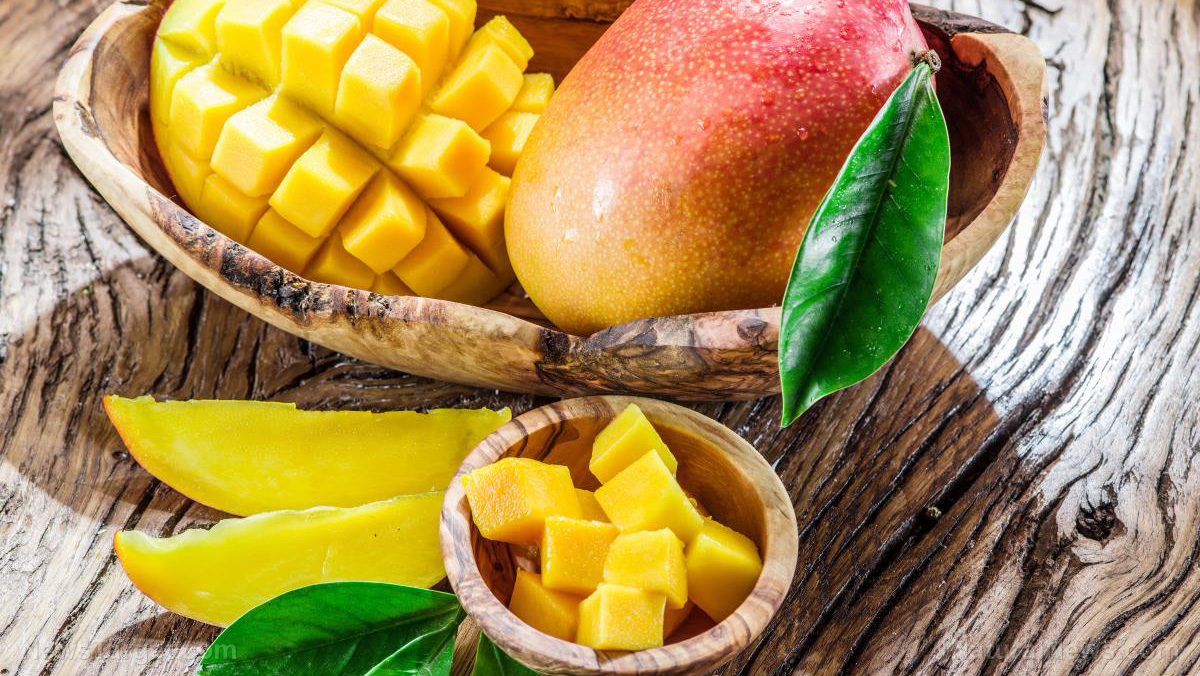Science confirms the anti-inflammatory effects of a compound found in dandelions
06/28/2018 / By Edsel Cook

That cluster of common dandelion (Taraxacum officinale) growing in your yard is no ordinary weed. It contains a natural anti-inflammatory compound that could alleviate acute and chronic inflammation without the drawbacks associated with conventional drugs.
Inflammation is the first and natural response of the human body to irritation or infection. It kick-starts the healing process and eliminates pathogens. However, it can also get out of hand. And when inflammation goes out of control, it can cause chronic swelling, diseases, or even tumorous growths. To treat this, most healthcare providers turn to steroidal anti-inflammatory drugs (SAIDs) and their non-steroidal equivalents (NSAIDs). Unfortunately, long-term use and high dosages might lead to gastrointestinal disorders, fluid imbalances, and immunodeficiency.
This prompted researchers to look for alternative anti-inflammatory medicines. One of their candidates was the common dandelion, a plant held in high regard by Traditional Chinese Medicine (TCM), Ayurveda, and folk herbalists. It is valued for its choleretic, lactating, diuretic, anti-rheumatic, and – most importantly – anti-inflammatory properties. TCM, in particular, uses dandelion root remedies to treat infectious and inflammatory maladies. Modern-day researchers identified one of the compounds responsible for these pharmacological effects – taraxasterol. Chinese researchers from Yanbian University discovered that taraxasterol possesses anti-inflammatory activity in vitro. The compound regulates the molecules that trigger inflammation. In a follow-up experiment, the Yanbian University research team tested the in vivo anti-inflammatory effects of taraxasterol on animal models.
Dandelion-derived taraxasterol proven to reduce inflammation
Researchers created four models. Mice were given carrageenan-induced edema and acetic acid-induced vascular permeability, while rats received dimethylbenzene-induced paw edema and cotton pellet-induced granuloma. Carrageenan-induced edema tested the anti-edema effects of natural drugs. Dimethylbenzene-induced mouse ear edema is a common preliminary model for screening anti-inflammatory drugs. Acetic acid-induced vascular permeability simulated a critical vascular event in the inflammatory response. Finally, cotton pellet-induced granuloma checked the effect of the anti-inflammatory medicine on the important phases of chronic inflammation.
Each model was randomly divided into five groups. The control group received a placebo while three taraxasterol treatment groups received 2.5, five, and 10 mg/kg of the compound. The last set was the positive treatment group. They received a 2.5 mg/kg dose of DXM, a common cough suppressant. In all models, the taraxasterol treatment groups were shown to attenuate inflammation. The greater the dosage of the anti-inflammatory, the better the outcome for the animal. Taraxasterol treatment groups fared quite well compared to the positive treatment group. This suggests taraxasterol has similar effectiveness as synthetic medicines like DXM. (Related: Tincture basics: Recipe for making home remedies.)
The essential herb of TCM and folk medicine
Dandelion is used as a food ingredient in salads, teas, and coffee alternatives in many countries. It’s rich in vitamin A and other nutrients. In folk medicine, it was used to treat various ailments related to the liver, gallbladder, kidneys, and joints. Its root boosted gallbladder activity, and when combined with the leaves it alleviated constipation, indigestion, and heartburn.
Researchers have determined that dandelion leaves are a diuretic. While only animal tests have been performed so far, the leaves are reportedly as capable as prescription medications. The Ayurveda calls it Dudhali, while Traditional Chinese Medicine calls it pu gong ying. Both ancient practices use it to purify the blood and the liver of toxins. Jaundice, hepatitis, fever, indigestion, intestinal worms, liver diseases, skin diseases, urinary tract problems, general debilitation, and insect bites are just some of the specific ailments alleviated by dandelion-based treatments.
So the next time you pull up that dandelion from your garden, you may want to find a way to add it to your diet or your herbal cabinet instead of throwing it away.
Sources include:
Tagged Under: alternative cures, alternative medicine, anti-inflammatory, anti-inflammatory compounds, dandelions, herbal medicines, inflammation, taraxasterol, TCM, traditional Chinese medicine

